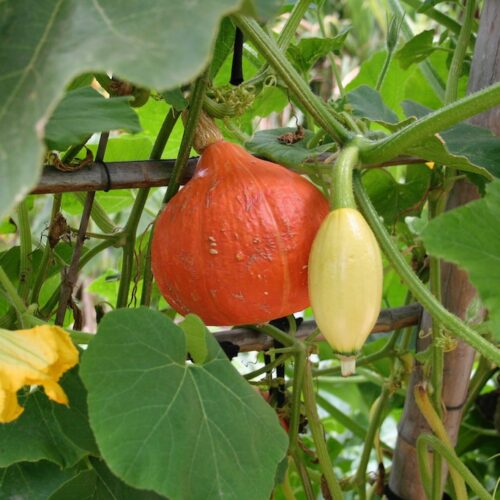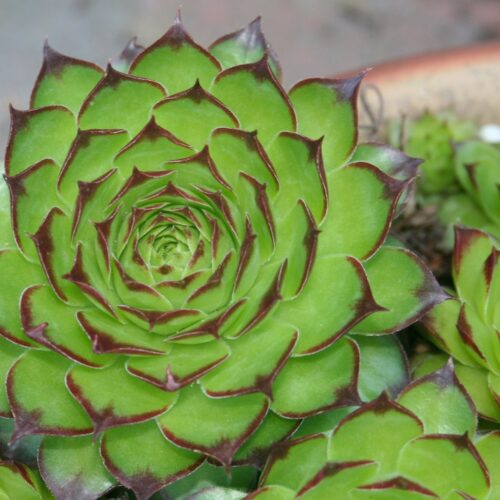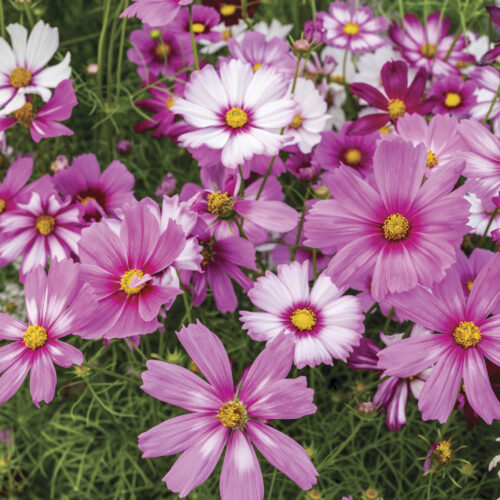
What to plant to attract pollinators

Nectar and pollen are the pollinator's reward but which flowers will give them what they want? Nature has tricks to tell them.
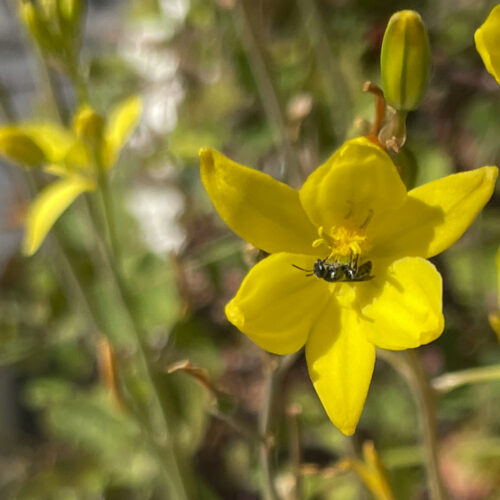
Encouraging native bees

If you follow these basic principles in your garden, native bees and other beneficial insects will know they’re welcome, writes Karen Sutherland.
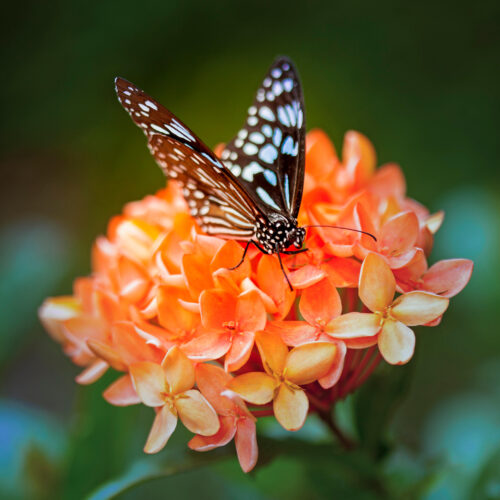
The power of pollination

Pollination is necessary for our gardens to thrive so it's handy to understand how we can help all those beneficial insects and animals do their work.
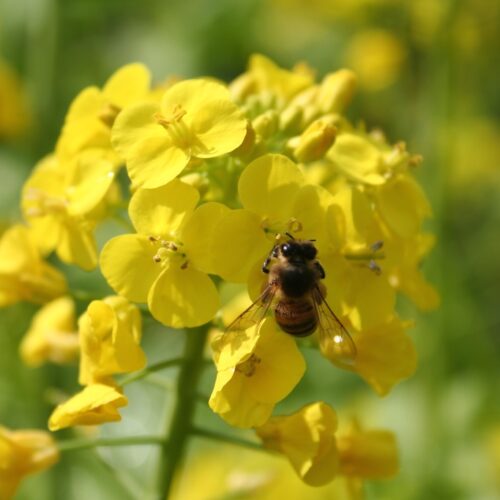
Bee friendly planting

Planting flowers that honey bees love is a win-win – they get pollen and you get a healthy harvest! These plants will tempt bees into your garden.
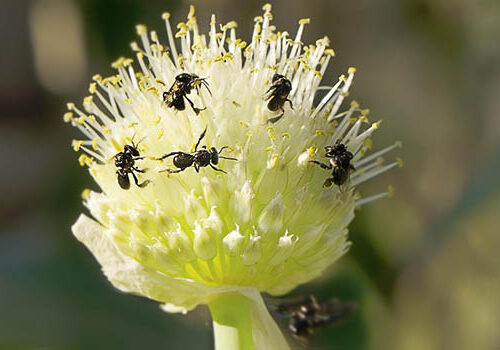
Get the native bee buzz

Explore the world of native bees and how we can help provide food for them. A good starting point is to see what you can plant in your garden that will attract them to your patch.
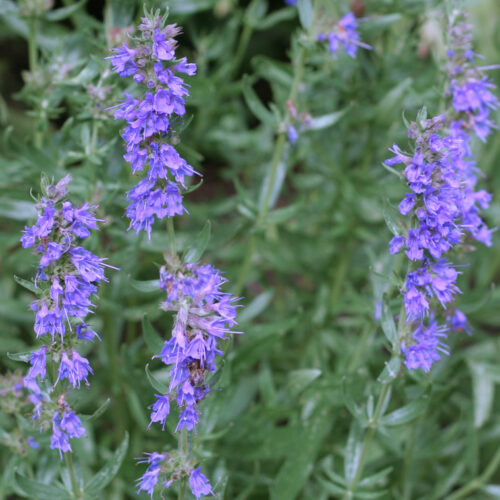
Hyssop highlights

Hyssop, says Penny Woodward, attracts bees and butterflies and dispels the ‘nits and itchings of the beard’!
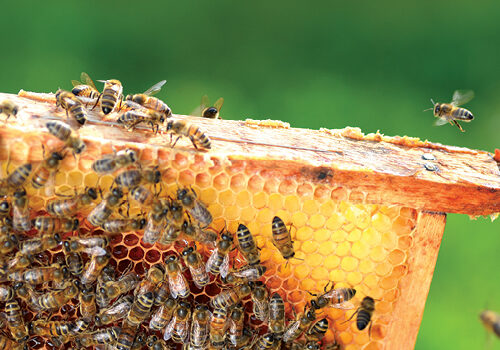
All abuzz

Kirsten Bradley shares her sweet secrets of success for keeping bees.
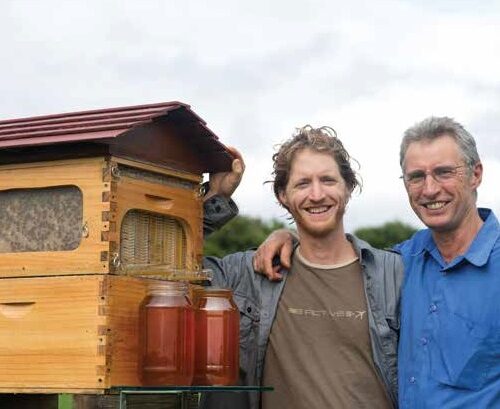
The bees knees

A sweet new Aussie invention is set to revolutionise the beekeeping world, as SIMON WEBSTER discovers.
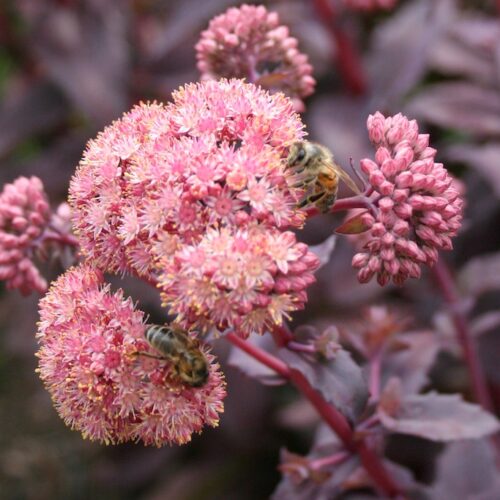
Succulent sedums

Sometimes we forget about the tough, hard working plants in our gardens, says PENNY WOODWARD
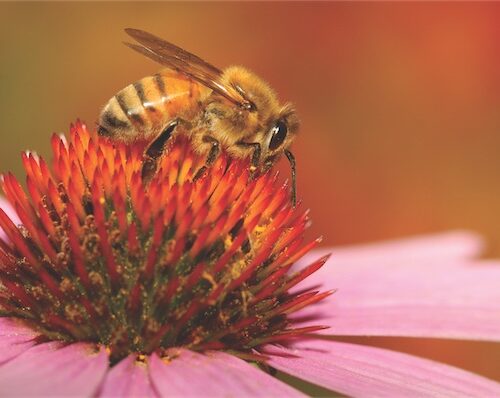
A dying buzz

Climate disruption and insecticides known as neonics are proving a deadly combination for bees, writes DR REESE HALTER.

